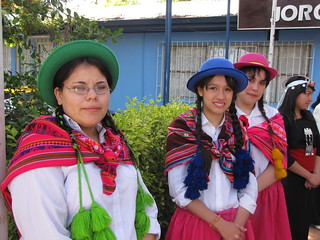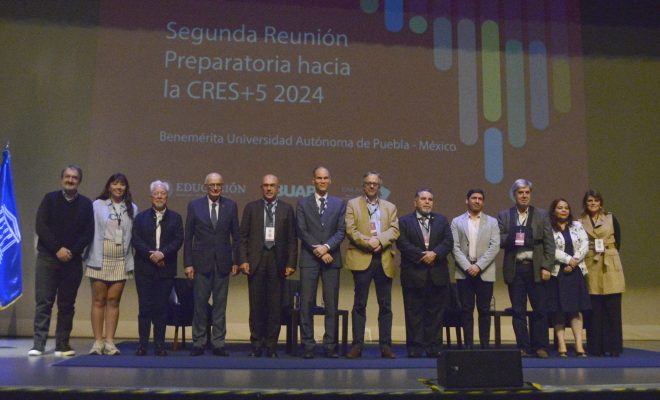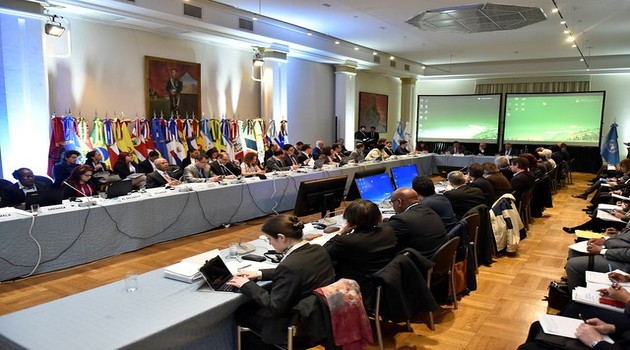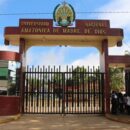Towards the ratification of the new regional convention on higher education
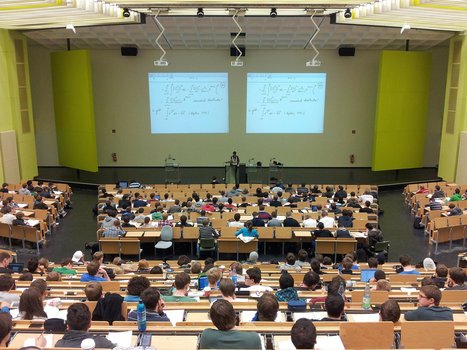

In the 1970s, UNESCO proposed the creation of an instrument that would call on the member states of Latin America and the Caribbean to take the necessary measures to guarantee that students who receive a degree abroad have the right for their studies to be evaluated in a fair, transparent and non-discriminatory manner.
Thus, on July 19, 1974, in Mexico City, the first convention on the recognition of studies was ratified by 11 countries of the region. Subsequently, in 2015, the UNESCO Member States agreed to update and amend the Convention.
After a long work process, the New Convention was adopted by 23 Member States, within the framework of the International Conference of States, held in Buenos Aires, Argentina, in July 2019.
For this instrument to come into effect, it must be ratified by at least four of the signatory countries. Its subsequent implementation will be carried out in synergy with the Global Convention on higher education, adopted on November 25, 2019 at the UNESCO 40th General Conference, in Paris.
Both instruments will provide the opportunity to develop better practices and tools for the recognition of qualifications in the field of higher education, seeking to “create new systems of higher education that are open, inclusive, reliable and that ensure quality,” as Stefania Giannini, Deputy Director General for Education of UNESCO, pointed out at a meeting of ministers held on November 13, 2019.
The final text of the Regional Convention on the Recognition of Studies, Diplomas and Degrees in Higher Education in Latin America and the Caribbean 2019 is available at the following link
RELATED ITEMS



